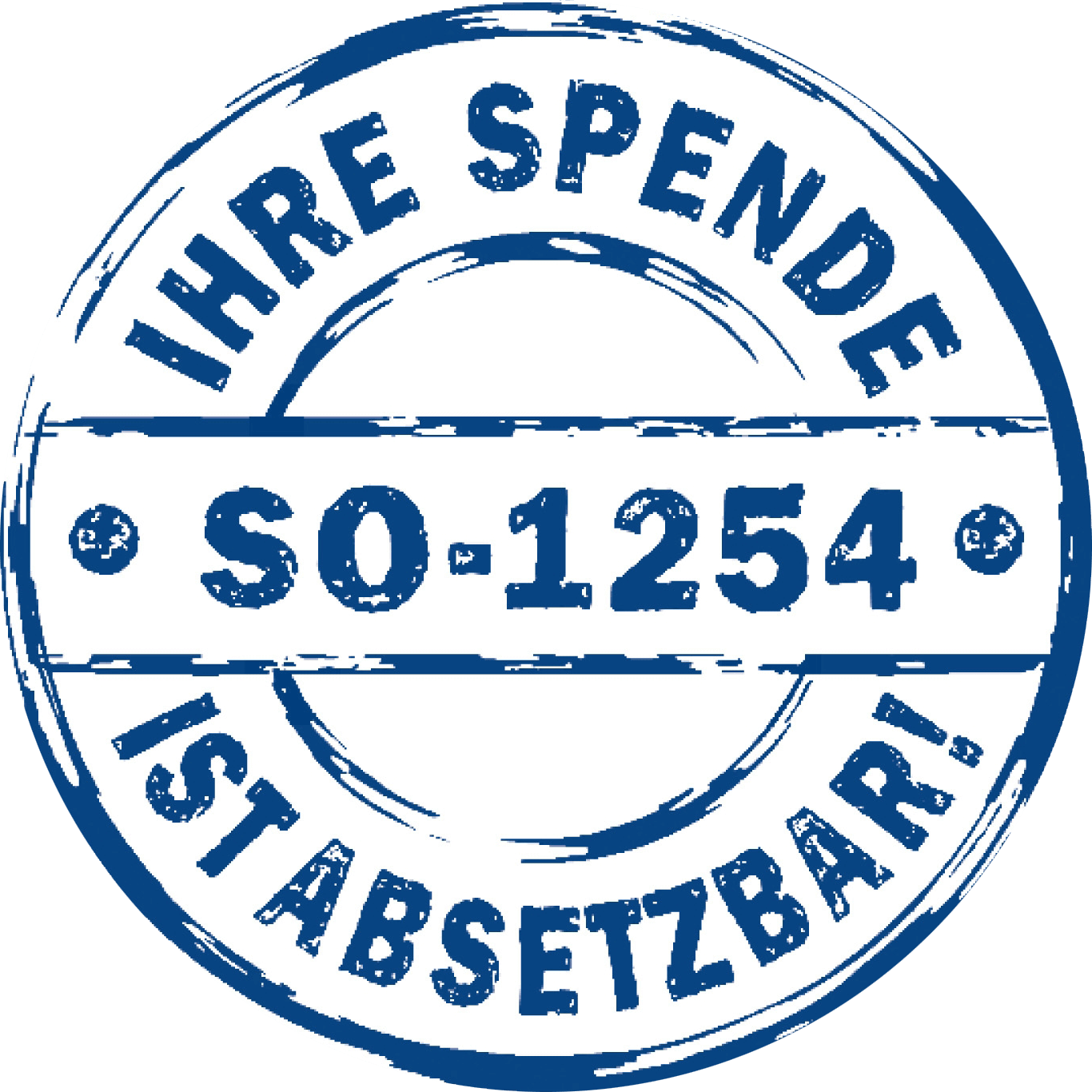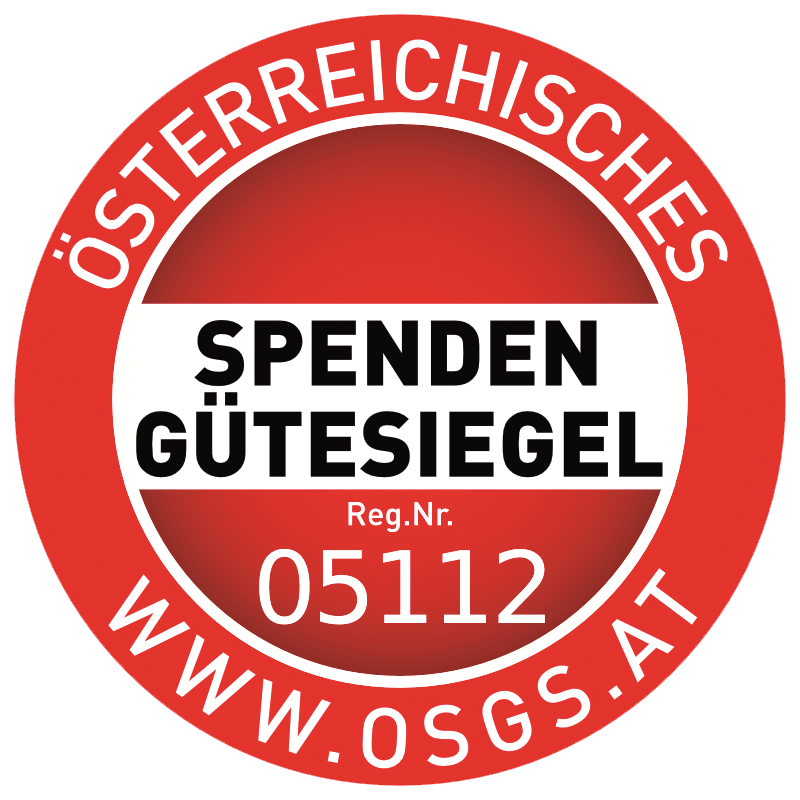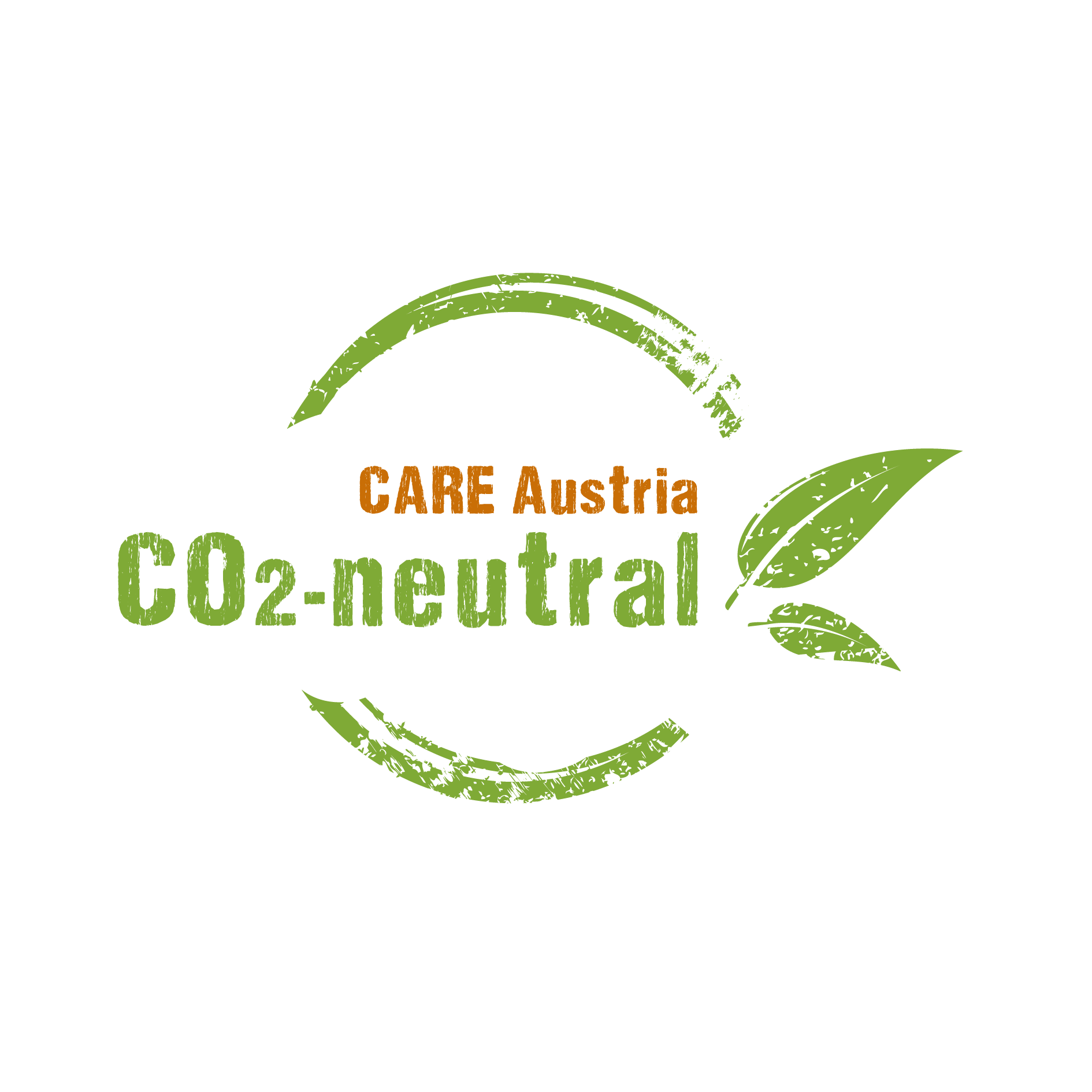Chad: PADEP – Project to support the development of pastoralists in the Ennedi Wadifira area in eastern Chad (PASTOR Programme) – TCD910
Chad is ranked 186th out of 188 countries (2016), with a Human Development Index (HDI) of 0.396 and a multidimensional poverty index of 0.545 (HDI Report, 2016). All of Chad, and particularly its Sahel region, is facing recurrent climatic and environmental shocks (floods, drought, sandstorms, etc.) that increase the vulnerability of its population. Vulnerability to such events is all the more worrying as existing administrative and development support structures (ministries, government agencies and local authorities CRA, CDA and CLA) lack the human and financial resources, technical capacities and means of action to respond to them. These shocks lead to a significant decrease in natural resources (water, fodder) and significant livestock mortality. In addition, demographic pressure is increasing competition over the use of resources and gradually weakening people’s living conditions. Pastoralism is of particular importance in the local economy, household food security, but also in the lifestyles of pastoralists. This insecurity therefore weakens household livelihoods and creates conflicts in some areas.
Overall Objective
Contribute to the promotion of a concerted and sustainable use of pastoral resources in Chad by taking into account the needs of local populations, strengthening their resilience to climate change in pastoral and agro-pastoral areas, creating jobs, especially for youth, and thus reducing their poverty.
Specific Objective
To support men, women and young pastoralists and agropastoralists in the administration and sustainable management of agro-pastoral resources in the eastern border areas (Ennedi / Wadi-Fira) of Chad.
Expected results
ER1: The capacities of actors at the regional level on pastoral development have been strengthened and the vulnerability to climate change reduced.
- Conducting Vulnerability and Adaptive Capacity Analysis to Climate Change (AVACC) and Participatory Scenario Planning (PPS) studies and gender analyses
- Support for the preparation and implementation of a pastoral development strategy documents for each region
- Organisation of inter-community consultation forums on pastoral development
- Establishment and support to conflict prevention committees
- Support for basic social services in the project areas
- Translation into Arabic of national and regional pastoral development policies and strategies
- Support for the implementation of vaccination campaigns to improve animal health
- Support for the development of income-generating activities (IGAs) for women and youth
- Setting up Village Savings and Credit Associations
- Introduction of plants with multiple uses
ER2: Sustainable pastoral water infrastructure facilities have been constructed and conflict-free mobility for men, women and young people ensured.
- Preliminary diagnosis and hydrogeological studies
- Security markers for grazing areas
- Implementation/strengthening of water point management systems
- Construction of 80 km of firewalls (on a pilot basis) to protect resources exposed to fires
- Development of Cash for Work (CFW) activities
ER3: A sustainable maintenance systems for pastoral water infrastructure facilities in eastern Chad has been developed and implemented.
- Designing a funding mechanism (setting up fee collection systems managed by user committees for maintenance)
- Inventory and centralization of information on the condition of hydraulic structures
- Preparation of annual monitoring plans for the water systems
- Training and information on good maintenance practices
Partner organizations
Institut de Recherche en Elevage pour le Développement (IRED), Bureau d’Appui à l’Agriculture et à la Protection de l’Environnement (BAPE), Association pour la Promotion des Initiatives de Développement (APIDEL)
Budget
€ 2.315.789,47
Duration
20.11.2018 – 19.12.2022
Beneficiaries
The target groups of the action include 3,000 pastoral households (2,700 young people (18 to 25 years old), 6,885 women, 8,415 men), 3,000 households (2,880 young people (18 to 25 years old), 7,620 women 7,500 men) and 15 community teachers, totaling 36,015 people. In addition, 3 Regional Committees of Action, 7 Departmental Committees of Action, 26 Local Committees of Action, 150 Farmers Organizations and 4 Federations will also be part of the target groups. The final beneficiaries of this action are (i) all household members of the target groups (men, women, young people and children) who will benefit from a reduction in conflicts and livestock mortality rate during their journeys, as well as new opportunities that will be created; (ii) Sultans, tribal leaders of pastoralists, village chiefs, village chiefs, community leaders who will participate in the concerted management of natural resources and works; (iii) the entire population of the two regions benefiting from the impact of the action.
Donors
This project is funded by the European Union (European Development Fund).
This project contributes to the following sustainable development goals (SDGs):









